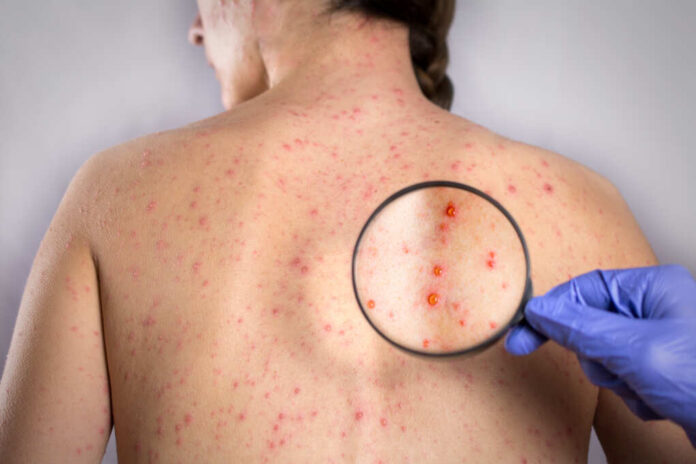
The United States is battling its worst measles outbreak in over 30 years, with more than 1,000 confirmed cases nationwide—an alarming resurgence fueled by declining vaccination rates and rising vaccine skepticism.
At a Glance
- U.S. measles cases top 1,000 for the first time since 1992
- CDC links 93% of cases to just 14 major outbreaks
- Three confirmed deaths: two children and one adult in New Mexico
- One-third of all infections involve children under five
- Vaccination coverage among kindergarteners has dropped to 92.7%
A Dangerous Resurgence
According to the Centers for Disease Control and Prevention, the nation has logged 1,001 confirmed measles cases across 31 states—a stunning leap from the 285 cases recorded in all of 2024. Health officials report that 93% of infections stem from just 14 outbreaks, many centered in communities with low vaccination coverage.
The virus has already claimed three lives: two young children and one adult in New Mexico. The majority of cases are among the unvaccinated, with children under five making up about one-third of all infections.
Watch a report: CDC reports over 1,000 measles cases—the highest since 1992.
Vaccine Hesitancy Threatens Herd Immunity
To prevent the spread of measles, the CDC recommends maintaining a vaccination rate of at least 95%. But recent data shows national kindergarten MMR vaccination rates have fallen from 95.2% in 2019–2020 to just 92.7% in the 2023–2024 school year, according to reporting by the New York Post.
With nine out of ten unvaccinated individuals likely to contract measles after exposure, the consequences of even small dips in vaccine coverage are stark and immediate. Experts warn that misinformation campaigns and shifting attitudes about childhood immunizations are undermining decades of public health progress.
Government Response and Public Health Messaging
Despite lingering controversies, Health and Human Services Secretary Robert F. Kennedy Jr. has publicly reaffirmed the government’s stance on vaccines, stating that immunization remains “the most effective way to prevent outbreaks and save lives.” The CDC and state health departments are working to increase public awareness through digital campaigns, school outreach, and community-based initiatives.
Measles, once declared eliminated in the U.S. in 2000, is now back with a vengeance—demonstrating how fragile public health gains can be when complacency or misinformation takes root. With the summer travel season approaching, health officials are urging all Americans—especially parents of young children—to verify their vaccination records and seek immunization if overdue.
This outbreak is not only a public health emergency—it is a cautionary tale about what happens when science takes a backseat to doubt.




















